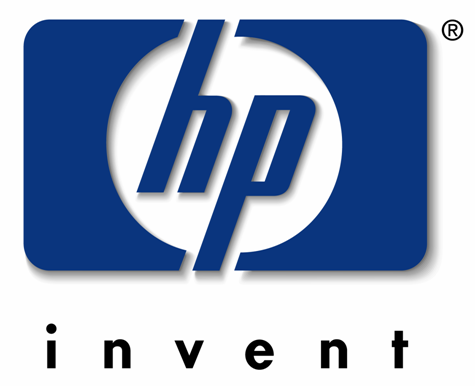
Though preferable to window cleaning and digging ditches, marketing can still be hard work. In public relations, one must hope that the press will find your subject interesting enough to grant some space. In advertising, the marketer pays for the space, but there is a whole lot of vague going on to try and determine whether the marketing strategy worked.
Even with an attractive client, marketing can bog down into trench warfare. Rarely does a product or person become such a hit that you can afford to fly over the heads of the media. The beast must be fed.
When the process impedes creativity, it’s time to do something that will bring a little perspective on the situation. What if you had to market something else? What lessons would you take from that, and how would it help in what you are marketing?
Suppose you were called in as the new marketing VP for Hewlett-Packard?
The once beloved prototypical Silicon Valley company that really was invented in a garage and went on to become a major player in the digitization of media that is now called content. HP is still beloved by somebody, but probably not shareholders. HP is now selling below $20 a share and its image has been battered so badly that nobody worries about its image anymore. It’s just another company.
The board brought on former e-bay executive and California gubernatorial candidate Meg Whitman as a “save the company” kind of move, but Meg can’t seem to move H-P either. Her plan involves junking the things H-P is known for to become more of a B2B company, like IBM. Big Blue sold off its consumer products company to a Chinese firm Lenovo, and now concentrates on software solutions designed to produce a “smarter planet.”
There are numerous marketing issues in the preceding paragraph. How would you market a company that seems to be finding its way, that doesn’t really have a “core,”
anymore. Before buying an H-P computer, an informed consumer would want to know whether this is the end of the line, and more importantly, will anyone be around to service it? H-P’s other big mover were printers. I’m going to take a wild guess that most consumers don’t like their printers very much, because they must be stuffed with ink cartridges that run about $30 a piece.
Maybe Ms. Whitman is right to look for a future without PCs or printers–it’s not like Dell or any other computer maker besides Apple is much of a factor. Hardware has lost its sex appeal as a product, unless it’s cell phones we’re discussing. Why doesn’t HP make a better printer or a unique cell phone?
A company like this would be almost impossible to market, because what it used to be is now but a fond memory, and no one knows what it is going to become.
Whatever you’re marketing probably has a better future in front of it than H-P.






